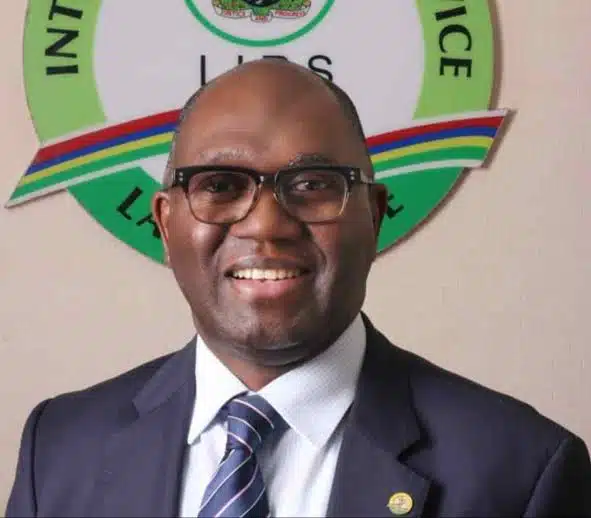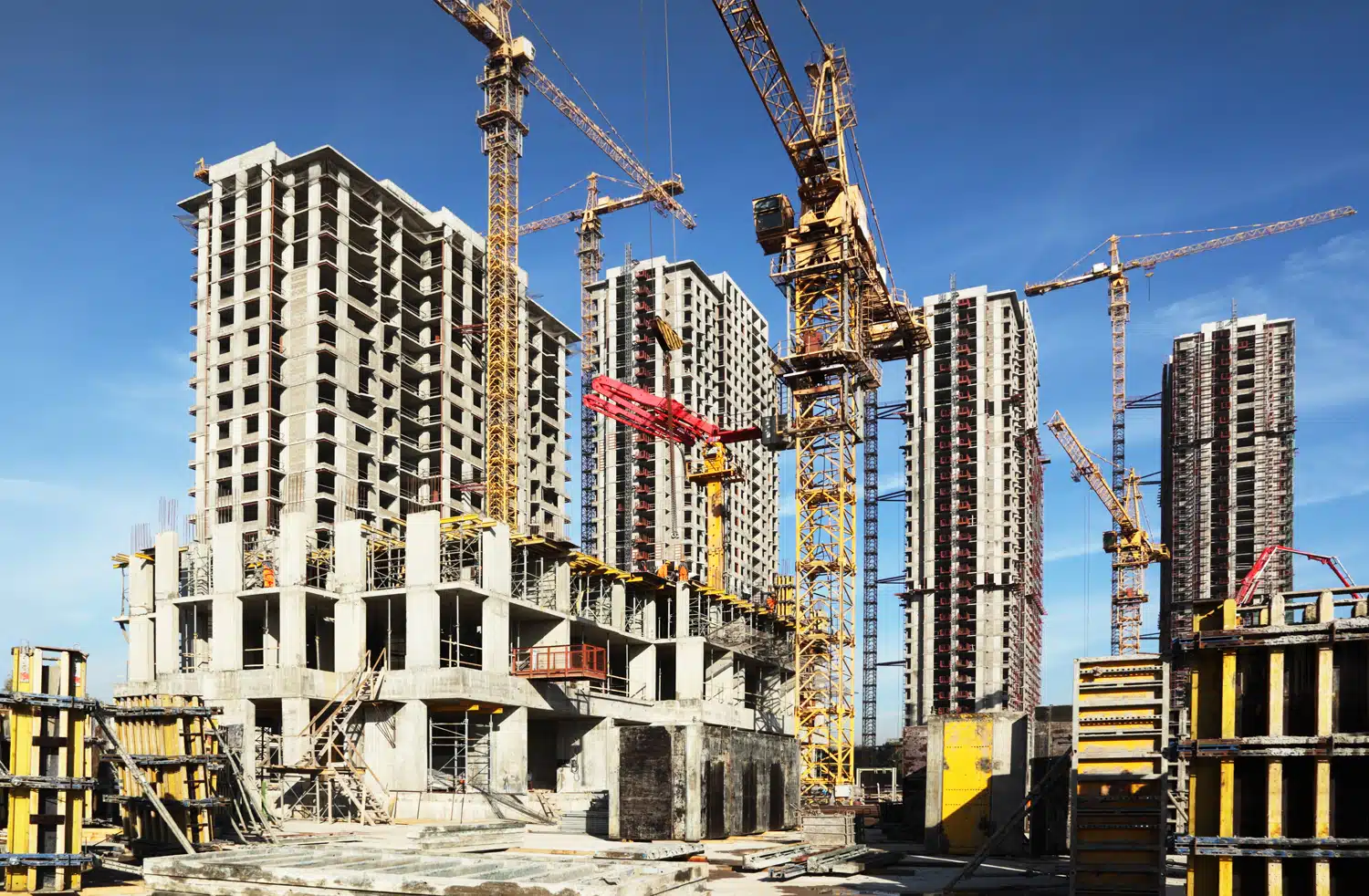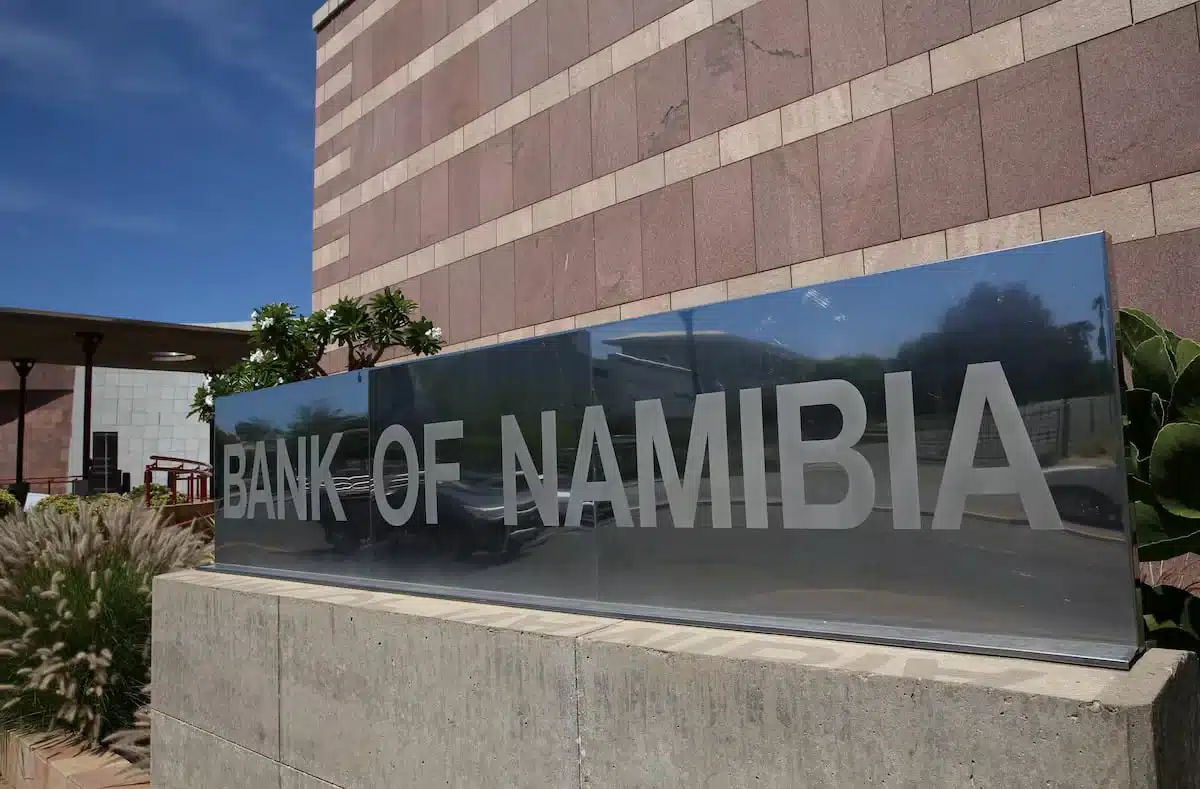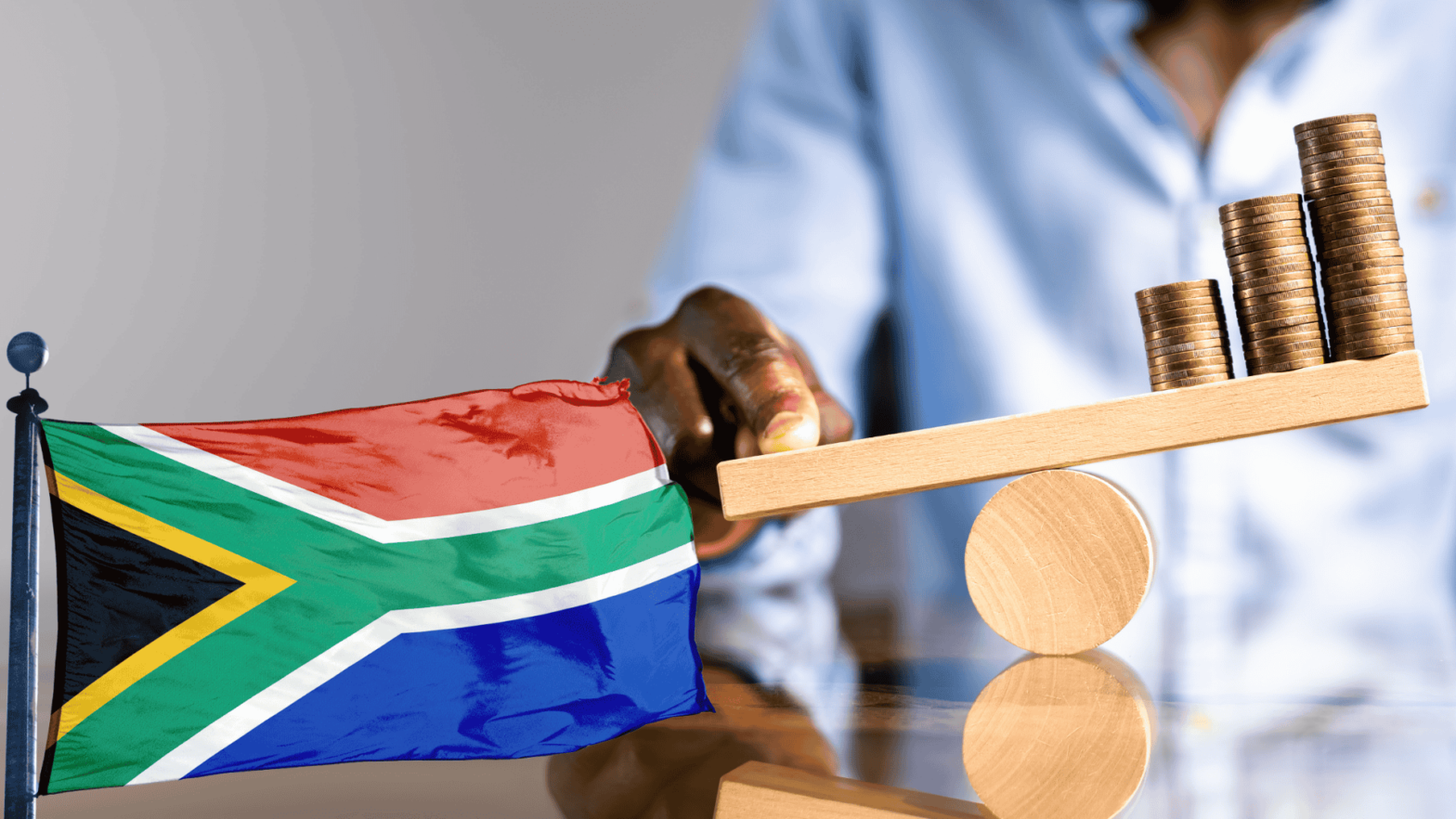The Lagos Internal Revenue Service (LIRS) is using technology to make paying taxes easier, cheaper, and faster for people and businesses. Abideen Akande, Special Adviser to the Executive Chairman of LIRS, shared this during an interview on Channels Television’s Business Incorporated. He explained that the agency has been working to improve its processes, allowing taxpayers to meet their obligations with less stress. “We are using technology to make tax compliance simple and affordable. That’s our goal,” he said.
In 2025, LIRS plans to improve its services further by making digital platforms more efficient. Many processes, like getting tax clearance certificates, are now automated. Taxpayers no longer need to deal with long paperwork or wait in lines. Instead, they can use the LIRS web platform to pay taxes, file returns, and access documents from anywhere. Akande emphasized that these changes help reduce congestion in LIRS offices and make services faster.
Globally, technology has proven its value in tax systems. For example, the UK’s “Making Tax Digital” program increased tax collection efficiency by 22% in its first year. Rwanda’s e-Tax system boosted tax revenue by 6% in 2022 while cutting the time businesses spent filing taxes by over 50%. In Lagos, LIRS’ Enterprise Tax platform has been a big success. By December 2024, over 70% of taxpayers70% of taxpayers in the state were filing and paying taxes online. Additionally, the Eco Fiscal System (EFS), introduced in 2023, has made it easier for hospitality businesses to pay consumption taxes, improving transparency and boosting revenue collection.
These advancements don’t just make life easier for taxpayers—they also help Lagos State generate more funds to invest in schools, hospitals, and roads. Digital platforms also reduce the chances of tax evasion, making the system fairer for everyone. While challenges like internet access, cybersecurity, and digital skills may arise, Akande is optimistic. “We can make tax processes fully seamless with continued innovation and support,” he said.
However, there are concerns about fully implementing these changes. Problems like unreliable power supply, poor internet connections, and low digital skills could make it hard for some people to use the digital platforms. In rural or less-developed areas of Lagos, steady internet and electricity are not always available, which might prevent some people from accessing online services. Solving these issues will be important to ensure the LIRS’s digital transformation works for everyone.






